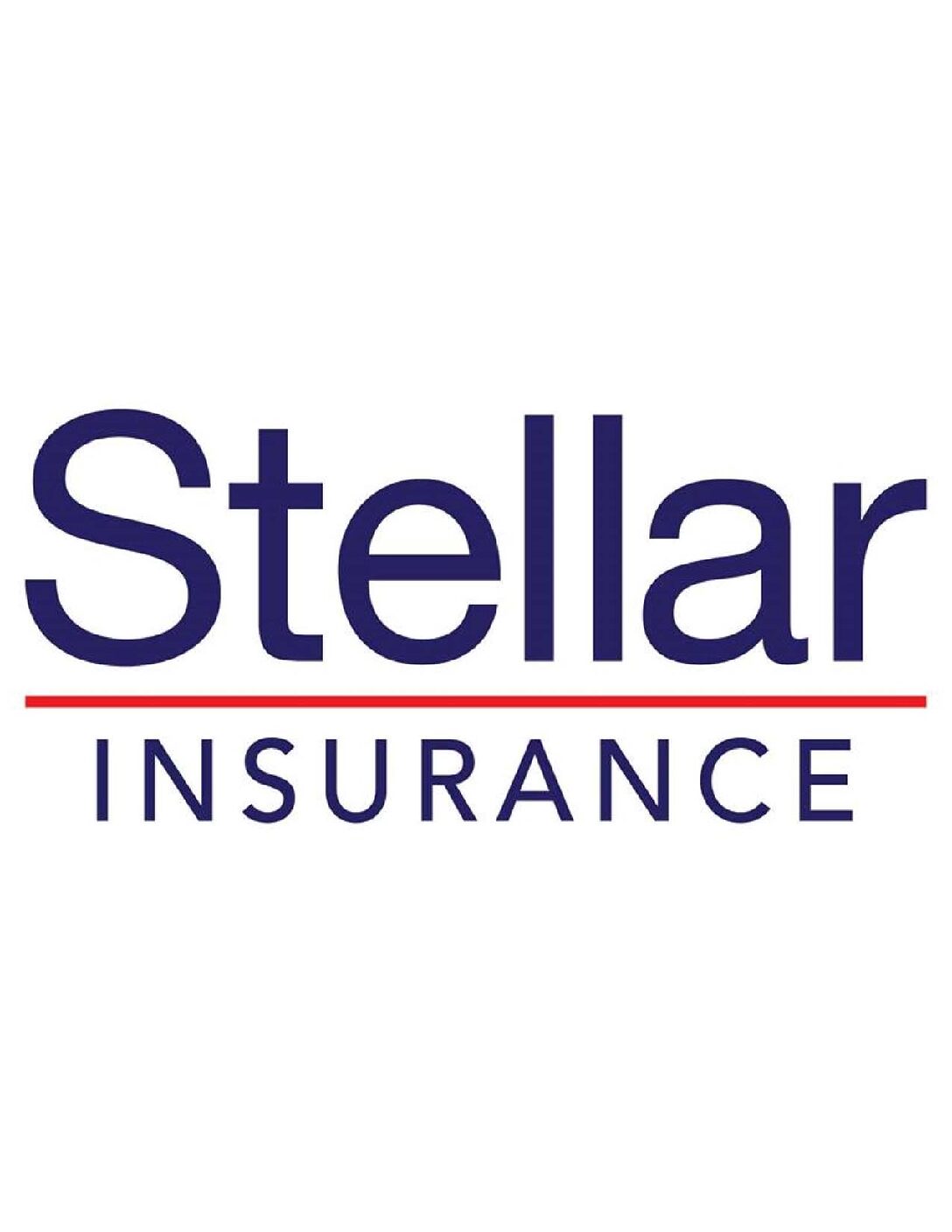There are many misconceptions when it comes to the public’s understanding of what determines how much you pay for your auto insurance. Insurance companies prioritize several factors but they are different, from insurance company to insurance company depending on their underwriting model.
First, of course, there is a person’s driving record. Insurance companies will typically review records from the department of motor vehicles which include tickets as well as biographical information such as date of birth, and who has a license with your address. When an insurance company reviews these records, it is entirely possible that someone you do not know may show up if they have not changed their address since moving from that address. Additionally, it makes it difficult to hide drivers if they live with you. An insurance company may ask you to exclude a person, from your auto policy, if you indicate that they do not have access to your vehicle(s). In this case, if they are involved in an accident, there is no coverage for damage to your vehicle even if you carry collision.
An additional factor is the primary area of operation. Insurance companies understand that people typically stay within a certain geographic area which is typically within six miles of their residence. An insurance company will look their loss experience including accidents, car thefts, vandalism and any other claims related information to determine the likelihood that they will have to pay an insurance claim when determining rates.
Vehicle type, year, make and model will also impact insurance rates. If a vehicle is large, if it is involved in an accident, the insurance company must determine how much damage that vehicle will do and the injuries it may cause if the driver is at fault in an accident. The more damage a vehicle may cause, the higher the premiums for bodily injury and property damage coverages. Conversely, a larger vehicle would protect the occupants of the vehicle better than a smaller vehicle reducing the premiums charged for underinsured, underinsured and medical payments coverages. The cost of repairing or replacing a vehicle also plays a part in determining insurance rates. Vehicles that are hard to get parts for or cases where the parts are more expensive, will results in higher rates. Foreign vehicles are typically more expensive to repair as the parts frequently must be ordered from foreign parts distributors and special repair techniques must often be employed if they are involved in a loss.
In the case of a total loss, newer vehicles obviously cost more to replace. These facts are sometimes overlooked when replacing one vehicle with another.
What insurance company and what limits as well as your auto insurance coverages (comprehensive, collision) also play a role in determining your rates. The more recognized the insurance company and the higher the limits you carried, with your previous insurance company, the better the rate the new company will offer. In many cases, customers with much higher limits and more coverages pay less than those with minimum liability limits only. It is also important to understand that when rates are increased, those with minimum limits often have the highest increases.
Finally, unbeknownst to most consumers, insurance companies utilize a persons credit. Everyone has an insurance score which involves credit. Statistically, the better a person’s credit, the fewer accidents they have and longer they keep their auto policy with an insurance company. This is a statistical fact. So, whenever possible, make sure that you provide your social security number as it can only help your auto insurance rates.
Stellar Insurance has been helping people all over the Las Vegas Valley get the best coverage for years, including areas such as Henderson, North Las Vegas, Summerlin, and Boulder City. If you’re looking for the right auto insurance coverage in Las Vegas (including areas around the 89104, 89101, and 89107 zip codes), contact Stellar Insurance and see how we can save you a whole lot of money.

